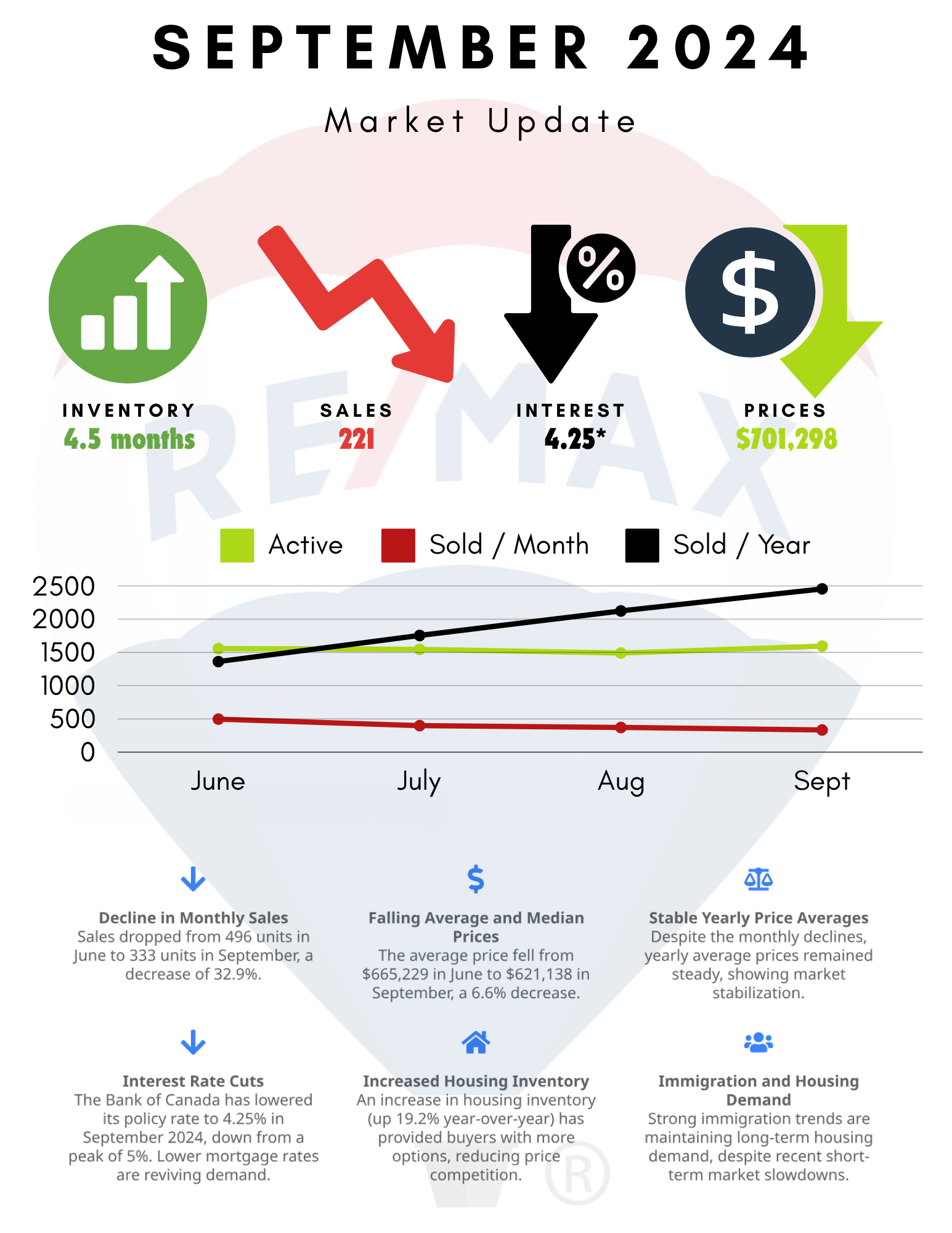Posted on
October 16, 2023
by
Jason Froude
Navigating the Canadian real estate market can be a daunting task, especially for first-time homebuyers or those new to the industry. To help you make informed decisions and ensure a smooth real estate journey, we’ve put together this comprehensive guide. It covers frequently asked questions, how to choose a real estate agent, how to avoid common real estate pitfalls, and real estate jargon demystified.
Frequently Asked Questions (FAQs)
Q: What’s the first step in buying a home in Canada?
A: The first step is typically getting pre-approved for a mortgage. This helps you understand your budget and makes you a more attractive buyer to sellers.
Q: What’s the difference between a fixed-rate and adjustable-rate mortgage?
A: A fixed-rate mortgage has a consistent interest rate throughout the loan term, while an adjustable-rate mortgage (ARM) has an interest rate that can change at specified intervals.
Q: What should I consider when choosing a location for my new home?
A: Factors to consider include proximity to work, schools, amenities, safety, and property appreciation potential.
Q: What’s the best time to buy a home in Canada?
A: Spring and early fall are often considered ideal due to milder weather and increased inventory. However, market conditions can vary by location.
Q: Do I need a real estate agent to buy a home?
A: While it’s not mandatory, having a real estate agent can simplify the process, especially for first-time buyers, by offering expertise, guidance, and access to property listings.
How to Choose a Real Estate Agent
1. Research Agents
Look for agents with a strong reputation and experience in your desired location. Read reviews, ask for referrals, and check for any disciplinary actions on their record.
2. Interview Multiple Agents
Meet with several agents to assess their communication skills, market knowledge, and your compatibility. Don’t feel obligated to choose the first agent you meet.
3. Ask About Their Marketing Plan
A good real estate agent should have a clear plan for marketing your property or helping you find one. Inquire about their strategies for reaching your goals.
4. Review Their Contract
Be sure to understand the terms of your agreement with the agent, including commission rates and the duration of your partnership.
5. Check References
Request references from past clients to get a sense of an agent’s track record and professionalism.
How to Avoid Common Real Estate Pitfalls
1. Overextending Your Budget
Don’t purchase a property that stretches your budget to the limit. Include additional costs like property taxes, insurance, and maintenance in your financial plan.
2. Skipping the Home Inspection
Always get a professional home inspection. Skipping this step can lead to unforeseen issues and costly repairs down the road.
3. Ignoring Location
Location is vital in real estate. Consider not just the property but also the neighborhood, amenities, and future potential for appreciation.
4. Not Understanding the Contract
Read and understand your real estate contracts. If you’re unsure, don’t hesitate to seek legal counsel or advice from your real estate agent.
5. Neglecting Contingencies
Include contingencies in your offer, such as financing, home inspection, and appraisal, to protect your interests.
Real Estate Jargon Demystified
In real estate, understanding the terminology is essential. Here’s a quick guide to some common terms:
- Appraisal: A professional assessment of a property’s value.
- Mortgage: A loan used to buy a home, secured by the property itself.
- Closing Costs: Expenses associated with the final stages of a real estate transaction.
- Home Inspection: A thorough examination of a property’s condition.
- Listing: A property available for sale.
- Equity: The value of a property minus outstanding loans.
- Title Insurance: A policy that protects your ownership rights.
- HOA (Homeowner’s Association): An organization managing shared property and common areas.
- Buyer’s Agent: An agent representing the buyer in a real estate transaction.
By keeping these FAQs and how-to guides in mind, you’ll be better prepared to navigate the Canadian real estate market. Remember to do your research, seek professional advice when necessary, and make informed decisions to ensure a successful real estate journey.




